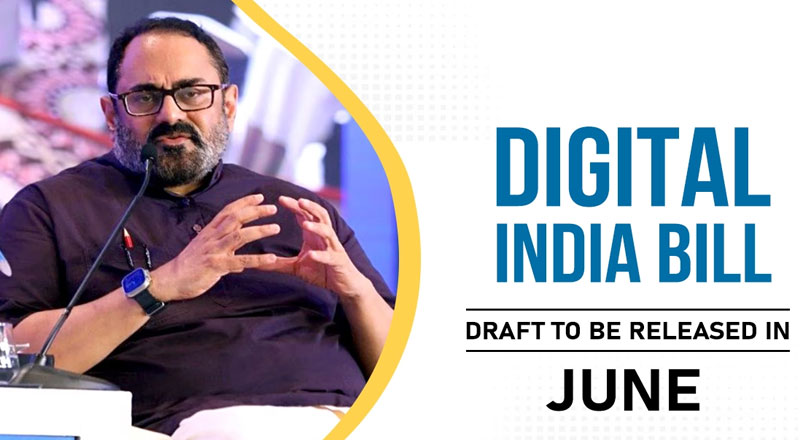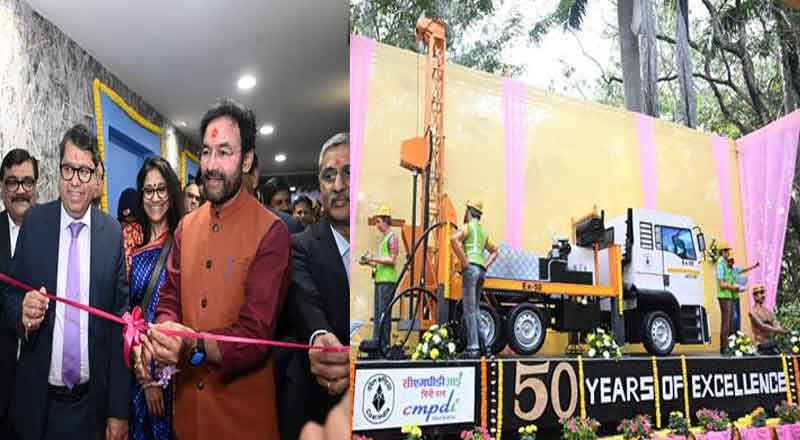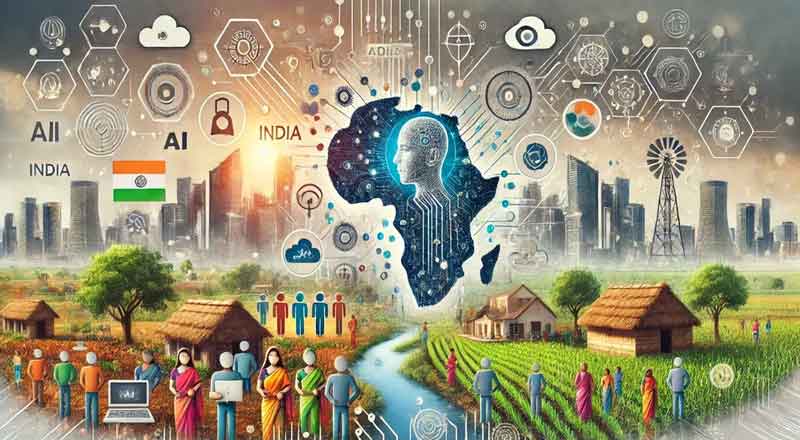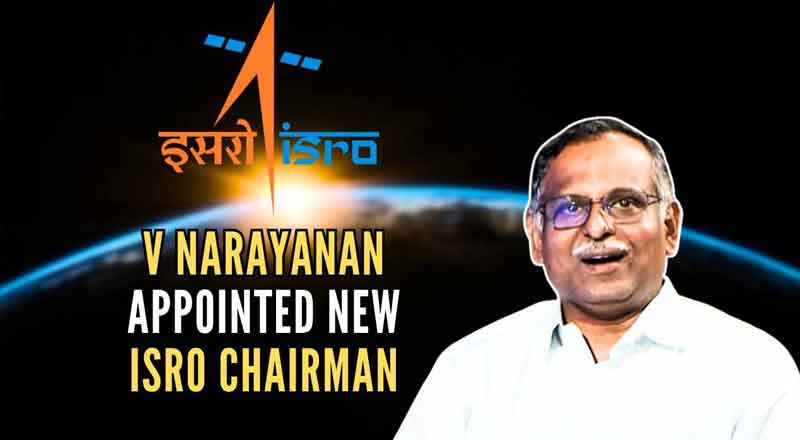Rajeev Chandrasekhar, India’s Minister of State for Electronics and Information Technology (MEITY), has announced plans for new legislation that will aim to strictly regulate the internet and combat new cybercrimes in the country. Consultations on the Digital India Bill will begin this month with stakeholders and the new Digital Personal Data Protection Bill will be presented in parliament soon, he told newsmen.
The Digital India Bill is expected to address a variety of online safety issues, including combating child sexual abuse material, religious incitement material, patent violation material, and misinformation on social media platforms.
The full list of 11 things includes porn, content harmful to children, copyright infringement, misleading content, impersonation, content deemed against India’s unity and integrity, computer malware, banned online games, and anything else that is illegal. These types of content are currently listed in the last update of the Information Technology (Intermediary Guidelines and Digital Media Ethics Code) Rules, 2021, but the Digital India Bill will give the government legal teeth to hold platforms accountable for hosting such content.
“In 2014, we were the most digitally unconnected country in the world,” Mr. Chandrasekhar said, highlighting the rapid transformation India has undergone in the digital domain. “Today, 85 crore people in the country are connected to the Internet. Today, we have become the largest connected country in the world. By 2025, this number will grow to 120 crores.”
Mr. Chandrasekhar blamed the previous UPA government for the current challenges, which he said stemmed from the amendments to the IT Act in 2008 that granted immunity to big tech and social media companies.
The proposed Digital India Bill is a part of the government’s initiatives to make the internet open, and safe, and to protect the digital citizen, the government has said. “Today India is also the largest connected country in the world, and we want to make India the safest and most trusted country,” Mr Chandrasekhar added.
Mr. Chandrasekhar emphasized the role of online platforms in this initiative, stating, “It is the responsibility of the online platform to keep its platform safe and trusted for the digital citizens.” To enforce this, a provision will be included in the Digital India Bill, making it the responsibility of these platforms to uphold the safety and trust of their users.
The government will regulate Artificial Intelligence to ensure that it doesn’t harm ‘digital citizens’, Union Minister said while giving a presentation on how far India has traveled in terms of digitization in the last nine years of Prime Minister Narendra Modi-led center. “Toxicity and criminality have significantly increased on the internet. We won’t let attempts to harm digital citizens succeed,” he said.
Crimes like doxing (posting private and identifying details of individuals on the internet with malicious intent and without their consent) have been rising, the minister said, adding that law and order are state subjects and the Centre will have to work with state governments on strict initiatives regarding it. “There is a boost of digital connectivity in the country, and it’s the vision and mission of the government to ensure safety and security in cyberspace,” he said.
(With inputs from agencies)





